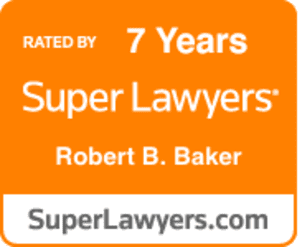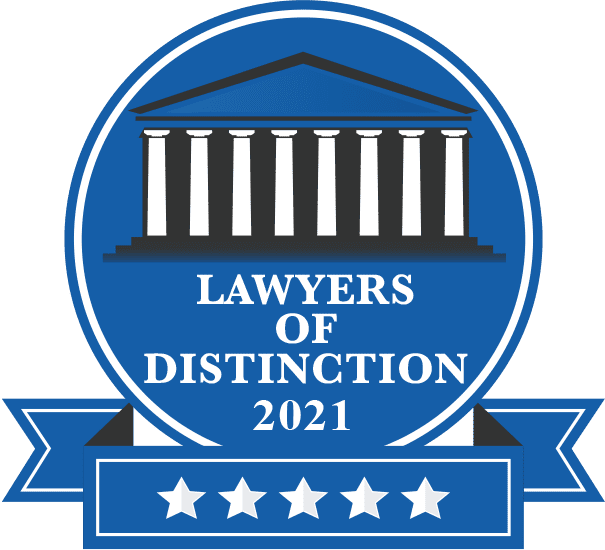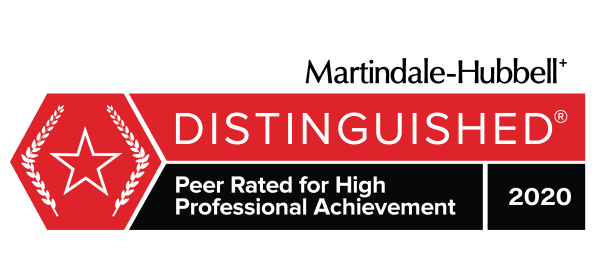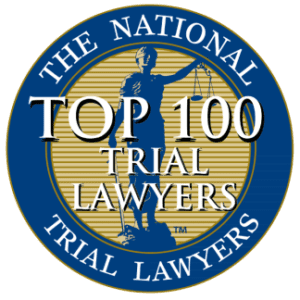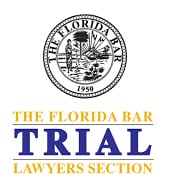Car accidents can be dangerous or fatal, regardless of how many cars are involved. When a multi-car accident occurs, the chances of extreme damage significantly increase. For people on the road, chain-reaction car accidents are an inconvenience, but these kinds of accidents can potentially change the lives of those involved. A chain-reaction car accident can result in hundreds of thousands of dollars in medical bills, car repairs, and other subsequent losses. Often, injured victims need financial support from a successful personal injury claim. However, it can be challenging to know who exactly is liable or at fault for the accident, making it difficult to know where to file the insurance claim.
If you’ve been injured in a chain reaction accident, you should contact an experienced Florida car accident lawyer. While you may be unsure of who is liable or how to determine liability, an attorney can point you in the right direction so you can recover the maximum value of your claim.
Evidence to Help Determine Liability in a Chain Reaction Accident
When a chain-reaction car accident occurs, there are multiple points of view to consider. It’s unlikely that any insurance company will want its insurer to be held liable. This type of accident can quickly become complicated as each insurance company tries to place blame on the other drivers. In these kinds of accidents, evidence is critical to help determine whose account of the accident is accurate.
One way to determine liability is through a thorough investigation. This can consist of gathering the following evidence:
- Security footage
- Witness testimonies
- Locations of the damage to the cars
- Damage to the tires
- Skid marks
- Road conditions
- Weather reports
A car accident attorney can help compile this information for you if you do not know where to start.
Comparative Negligence in Florida Chain Reaction Vehicle Accidents
Usually, the driver who first initiated the collision is liable for all injuries and damages caused by the accident. However, Florida law requires drivers to keep a safe following distance between cars. Under Florida’s comparative negligence rule, if drivers didn’t keep a safe distance and that contributed to the chain of events, they can also be held liable. Therefore, if you were driving too close to the car in front of you and were rear-ended and pushed forward against the car in front of you, then comparative negligence comes into play. You can still file a personal injury claim, but your damages will be reduced by the percentage of blame assigned to you.
If you were doing everything legally right at the time of the accident, the other driver’s insurance company will likely still try to pin some blame on you. Their goal is to limit their payout, even if it means taking advantage of the comparative negligence rule. If you’re involved in a chain-reaction accident, you will likely experience drivers pointing fingers at each other to avoid or place blame on others. The best way to protect yourself and your legal right to compensation is to work with a trusted and experienced Florida personal injury lawyer. A lawyer can help ensure no false blame is directed at you and that you recover your claim’s full and just value.
Find a Skilled Florida Car Accident Lawyer at Baker Legal Team
After a chain-reaction car accident, there is a lot of finger-pointing. No one wants to admit they initiated or even contributed to the crash. Robert Baker is a board-certified lawyer with over 30 years of experience determined to help those who have sustained injuries due to negligence. Attorney Robert will not let finger-pointing get in the way of your claim. At Baker Legal Team, we will work tirelessly to help ensure you get the full compensation for any injuries and damages you have suffered. You can schedule a consultation by calling (561) 320-0000 or filling out our contact form.



